Biographies
Lev Avitan (1996) is a spoken word-artist, political philosopher and theater maker. He is known for his artistic commitment to social causes and his vulnerable approach to self-reflection on stage. Recently, in collaboration with Rauwkost Production and Omroep HUMAN, a 40-minute spoken word film by him called ‘My Mother Doesn't Want to Live Anymore’ was released. A movie which deals with societal topics such as ethnic alienation and discrimination, the rise of white supremacist far-right sentiments, but also with personal theme’s such as healing from trauma and mourning his parent’s passing. His work has been featured at events such as Lowlands and Down the Rabbit Hole festival, and as a philosopher, he has lectured poetically at Brainwash festival and for The School of Life.
Sophie Bourel is an actress. She has performed in theater under the direction of Élisabeth Chailloux, Brigitte Jaques, Marie José Malis, and Bertrand Marcos, as well as for radio, television, and film. Another aspect of her work involves poetry, both spoken and staged: Apollinaire, Etel Adnan, Stéphane Mallarmé, and Édouard Glissant, whom she met in 2005 and with whom she developed an artistic work that led her to perform Glissant’s masterpiece Les Indes across France and in Martinique. From 2012 to 2016, Sylvie Glissant and the Institut du Tout-Monde commissioned her to perform a series of performances present the ‘The Memory of Enslavements.’ She remains an integral member of the Institute du Tout-Monde.
Radna Fabias (1983) was born and raised in Curaçao. She is a graduate of HKU University of the Arts Utrecht. She debuted as a poet with the poetry collection Habitus (2018) which won all major poetry awards in the Netherlands & Belgium, amongst which the Herman de Coninck prize and the Grote Poëzieprijs. She was hailed as the Dutch literary talent of 2019 by Dutch National newspaper De Volkskrant. Habitus has been translated into English, French, Spanish, Arabic and German. Fabias also translates poetry herself. She is the Dutch translator of both Warsan Shire and Nobel Prize winner Louise Glück.
Sylvie Séma Glissant is a painter and a clinical psychoanalyst who practices in Paris, and is the Director of the Institut du Tout-monde since its foundation by Édouard Glissant in 2006. With him, she organized the Prix Carbet de la Caraïbe (created in 1990), numerous international colloquia, and sustained the Édouard Glissant Prize, created in 2002 by the University Paris VIII, and the Maison de l’Amérique Latine. She co-authored La terre magnétique: les errances de Rapa Nui, l’île de Pâques (with Édouard Glissant) (Seuil, 2007). She exposes her work under the name of Sylvie Séma. She received her degrees in Psychology, Medicine, and Psychoanalysis from the University of Paris VII and her diploma in Integrative Psychosomatics from the Université Pierre et Marie Curie, Paris VI.
Dr. phil. Baruch Gottlieb is trained as a filmmaker at Concordia University Montreal. He is a practicing transdisciplinary artist specializing in embodied practices and methodologies, kunst am bau, art for public space, interactive and generative art, and sound art. He is currently lecturer in digital aesthetics at UdK Berlin and at FH Potsdam. He has a doctorate in digital aesthetics from the University of Arts Berlin and author of ‘Most-Human Condition: A Treatise in Eco-Communism’ (Delere Press 2024), ’Gratitude for Technology’ (ATROPOS 2009), ‘A Political Economy of the Smallest Things’ (ATROPOS 2016), and ‘Digital Materialism’ (Emerald 2018). Since 2017, he has been working as a curator at West Den Haag programming a wide range of activities and events, including exhibitions, discussion events, and schools.
Nikima Jagudajev (1990) is a Brussels based artist and choreographer. Their performance-based work is a collaborative act of building worlds in which unexpected encounters happen through various, often game-like structures. Jagudajev works with and assembles material that becomes contra-normative infrastructure. At play are dance phrases that fold in on themselves infinitely, snacking and napping, as well as game objects such as a deck of cards and a huge jigsaw puzzle. Their works are made for the performer and visitor to find fulfilment, in the sense of playing and sharing an experience of deviance. Social relations are conceived as spatial relations; spaces are transformed through social interaction. s. As people come and go, the space changes configurations, keeping the interactions from calcifying into socio-political norms, rendering the world specific, disorienting, and queer.
Hamedine Kane is a Senegalese-Mauritanian multidisciplinary artist, born in Nouakchott, Mauritania. Trained as a librarian, he made his first trip to Europe in 2004 after obtaining a grant to study the book trade in Paris. Shortly afterwards, he settled in Brussels, where he developed his artistic practice around his own experience of migration, turning to film, photography, installation, performance, drawing and engraving. His film ‘La Maison Bleue’ received a special mention from the jury at the IFDA in Amsterdam, and was a winner at the Open City Film Documentary in London, the Biografilm Festival in Bologna, the Millenium Documentary Festival in Brussels and the RIDM in Montreal. With Stéphane Verlet-Bottero, in 2018 he co-initiated 'The School of Mutants' — a nomadic collaborative art and research project involving artists, craftspeople, activists, theorists, curators but also universities, schools and art centres, aiming to mobilise spaces to produce, transmit and pluralise knowledge without hierarchy, in connection with the socio-cultural, ecological and aesthetic mutations of reality.
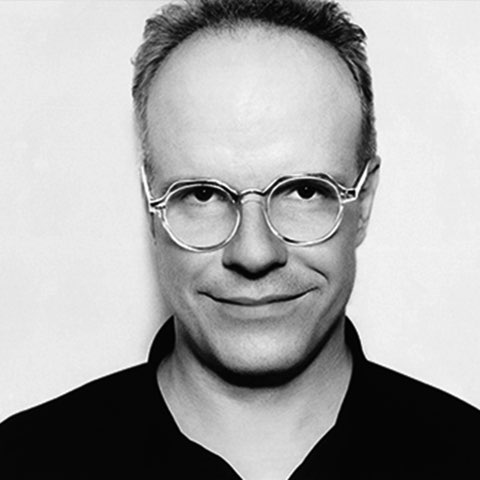
Hans Ulrich Obrist (1968, Zurich, Switzerland) is Co-Director of the Serpentine Galleries, London. Prior to this, he was the Curator of the Musée d’Art Moderne de la Ville de Paris. Since his first show 'World Soup' (The Kitchen Show) in 1991 he has curated more than 300 shows. In 2011 Obrist received the CCS Bard Award for Curatorial Excellence, in 2009 he was made Honorary Fellow of the Royal Institute of British Architects (RIBA), and in 2015 he received the International Folkwang Prize for his commitment to the arts. Obrist has lectured internationally at academic and art institutions, and is contributing editor to several magazines and journals.
Asad Raza’s polymathic practice — encompassing installations, writing, dramaturgy, filmmaking, and organizing — often takes local ecosystems and planetary ecologies as a focus. Across his work, there is a strong emphasis on the participatory and the performative aspects of art. Recent works such as ‘Prehension’ (2024), ‘Diversion’ (2022), ‘Absorption’ (2019), and ‘Root sequence’. ‘Mother tongue’ (2017), produce interactions with natural elements such as wind, rivers, soil and trees. In 2022, his work ‘Coalensence' was presented at West Den Haag. With Hans Ulrich Obrist, Raza has co-curated four exhibitions inspired by Édouard Glissant, including Mondialité (Villa Empain, Brussels), and ‘This language that is every stone’ (IMA, Brisbane).
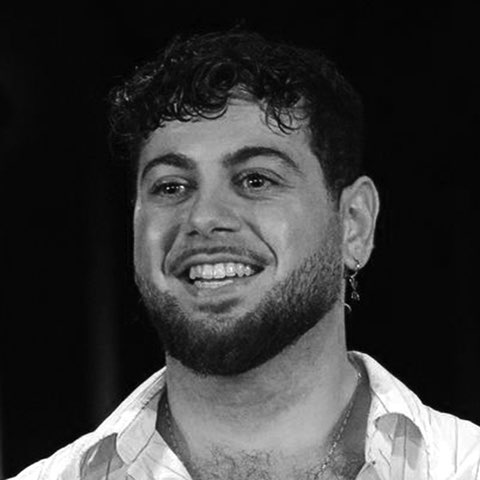
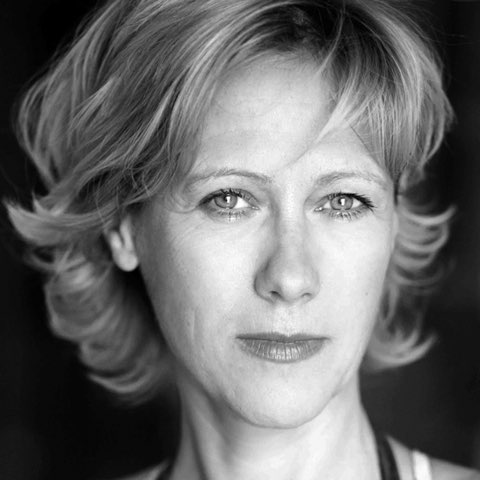

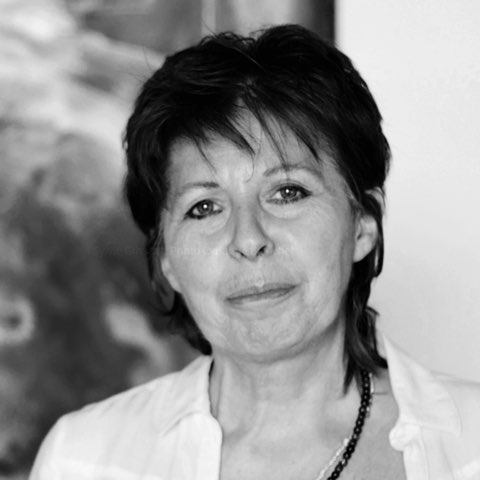
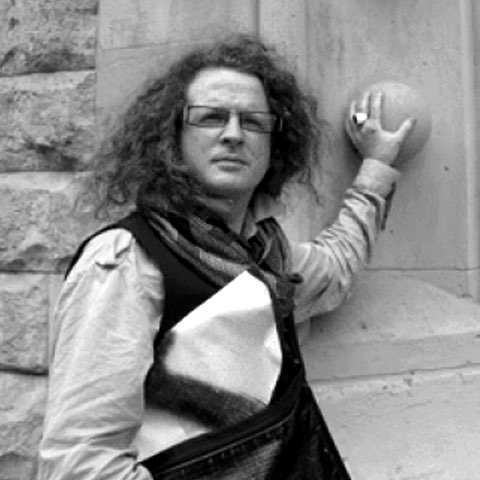
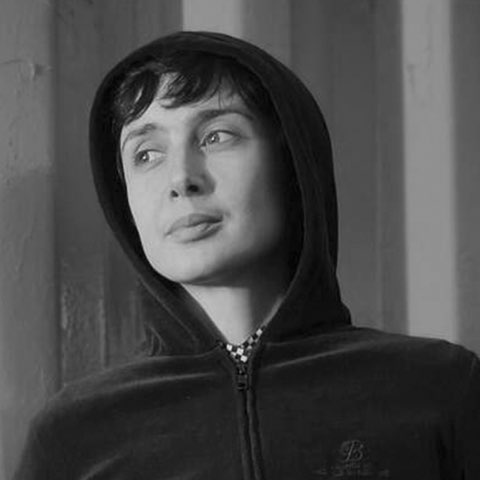
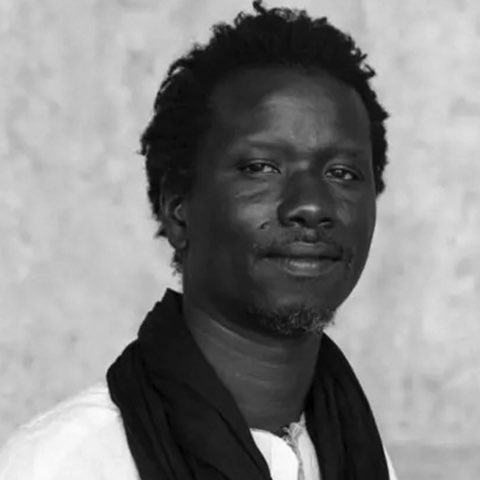

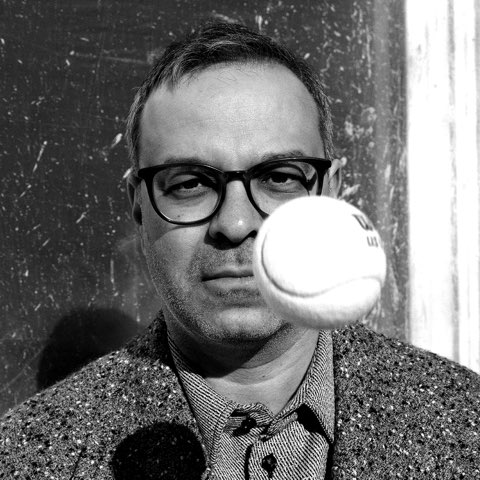

 previous
previous